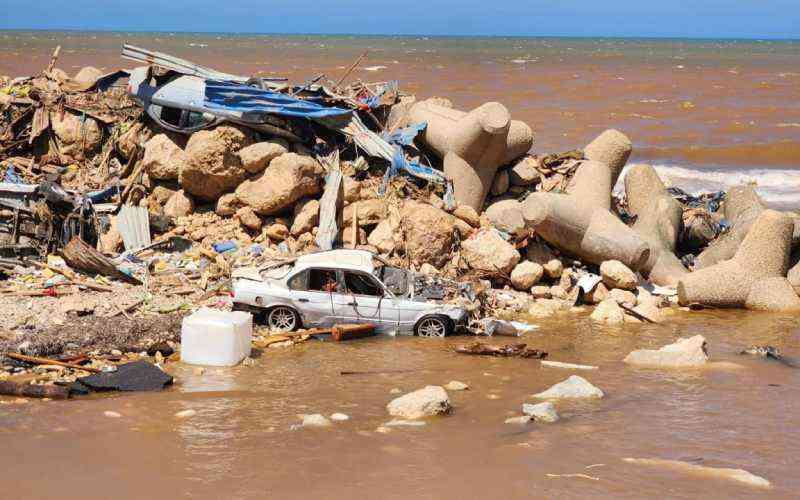×
The Standard e-Paper
Kenya’s Boldest Voice

The Africa Centre for Disease Control and Prevention (CDC) has issued an update of steps taken by leaders in the continent, to mitigate the effects of the disaster in parts of Libya.